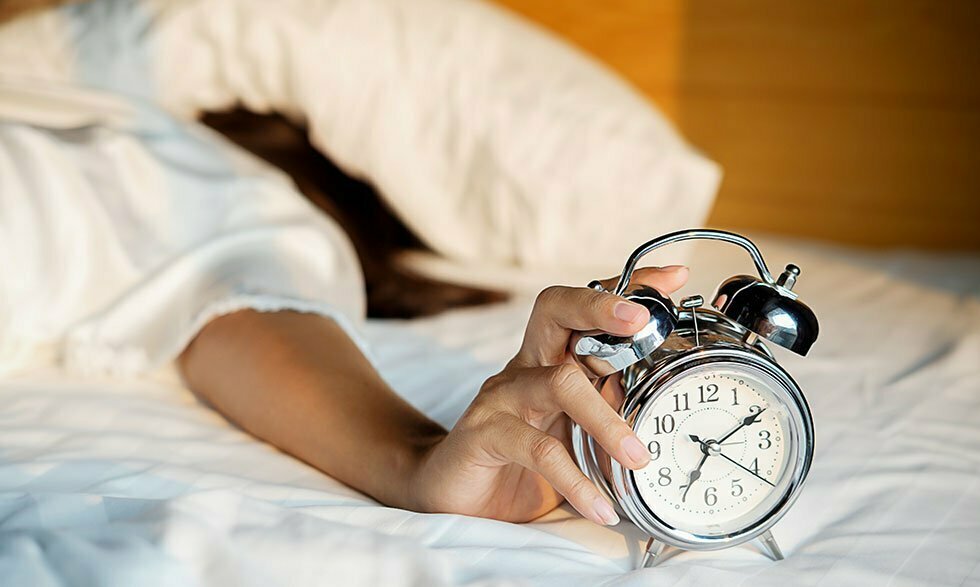Many people experience sleep difficulties at some point in their lives. It can be terribly unpleasant to lie awake for hours, tossing and turning—it leaves us feeling exhausted and unwell. Conversely, when we sleep well, it can make us feel ten years younger. Good sleep is vital to a person’s wellbeing, and every day, scientists are discovering more and more links between sleep and positive health outcomes.

What can be done if you struggle to sleep? Here are a few suggestions:
- Break the anxiety cycle. If you have been struggling with sleep, all that tossing and turning invites you to associate sleep with anxiety rather than with rest and sweet dreams. If you cannot fall asleep within twenty to thirty minutes, get up and do something relaxing, such as read, meditate, take a warm bath, stretch, do deep breathing exercises, etc. Engage in this activity for twenty to thirty minutes. Then try again to sleep. If you still cannot fall asleep, repeat the cycle. Adjust the length of the cycles to fit your needs.
Getting up and “starting over” breaks the connection between bedtime and anxiety. The challenge with this is that, for most of us, it is difficult to get up when what we really want to be doing is sleeping. Using some external cues as reminders can be helpful. For example, you can make a bright sign to hang by your bed that reminds you that getting up and doing something relaxing can help you fall asleep. - Utilize a meditation app. There are many good apps out there: for example, Calm, Headspace, and Insight Timer. Choose the one you like, and then personalize it to match your needs. Some people prefer nature sounds, and some prefer electronic music. Others prefer guided meditation. Different content may work for you at different times. If you are afraid to use the app because you are worried about waking others, consider putting your phone underneath your pillow so you can hear it but it will not disturb anyone else.
It is possible to become a better sleeper! Here are a few suggestions:
- Stick with the same sleep schedule. Try to go to bed and wake up at around the same time every day—the more consistent you are the better. Try to maintain this schedule even on weekends and holidays.
- Create a consistent bedtime routine. Your routine might include dimming the lights and taking a warm bath or shower, reading, or listening to soothing music. These relaxing activities will promote better sleep by easing the transition between wakefulness and drowsiness.
It’s best to avoid using electronic devices as part of your bedtime routine. However, for some people, playing a few games on a device may lead to sleepiness. Learn how your body responds to various electronic activities, but as a rule, the fewer electronics, the better. - Create a space that is set aside for sleeping. Make sure you have the right temperature (sleep experts say cooler temperature promotes better sleep), comfortable bedding, and the right level of darkness. Sleep experts advise that you use your bedroom—or at least your bed—for sleep only. This may not be possible if you have limited space, so be creative and establish some means of delineation that will allow your brain to associate your bed with sleep. For example, if you need to sit on your bed to work, spread a different blanket over the top while you are working.
- Develop healthy ways to manage stress. Please see articles on this website on stress management.
- Structure your day to promote sleep at night. Limit daytime naps, increase your physical activity during the day, avoid heavy meals at night, try not to eat within two hours of bedtime, avoid caffeine after lunch, and avoid drinking too much liquid after dinner.
If you have tried these suggestions yet continue to struggle with sleep, consult your doctor or mental health professional.
Sleep is important! It is restorative. It reduces stress and increases our abilities to do the things we love. As we age and as our stress increases, getting a good night’s sleep can be a challenge, but investing some time and focus to achieve healthy sleep will return dividends for decades. Get the rest you need so you can love others well and do the things that matter to you the most.
If you are interested in scheduling a session with Dr. Christine Mok-Lamme or have further queries, please contact us today.

